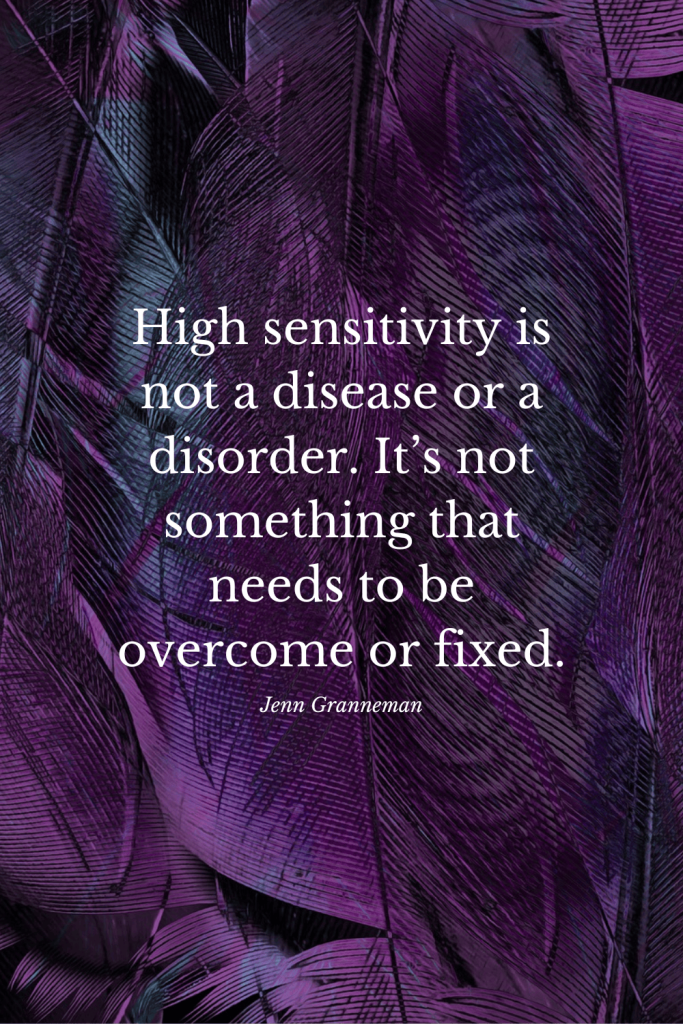Have you ever left a conversation only to replay it countless times in your mind?
Parsing through silences. Rewinding to the moment they paused before responding. Questioning whether you revealed too much or if they withdrew from the interaction.
I can relate.
For years, I believed there was something fundamentally flawed in me because of it.
“You Think Too Much.” That phrase has echoed in my mind more times than I can count.
“Why do you take things so personally?”
“Stop being so paranoid.”
“Not everything revolves around you.”
When you deeply care about someone—be it a friend, partner, or colleague—your emotional radar stays on alert. It’s not about seeking drama or attention.
Your nervous system has learned that connection signifies safety. Conversely, the thought of disconnect evokes a sense of danger.
Before I grasped this, I perceived myself as unlovable, excessively needy, and overly emotional.
But what I discovered is that this experience has a name: Rejection Sensitivity.
And no, it doesn’t imply that you’re “broken.”
It indicates that your brain is working to shield you. However, the manner in which it does so can be exhausting.
So what’s truly happening?
Here are four key insights that significantly transformed my understanding:
1. Your Sensitivity Is a Sign of Your Wiring for Safety, Not for Drama
When your mind has faced real or perceived emotional threats, it becomes adept at detecting even the slightest hint of danger.
Even imagined threats.
A vague message.
A slow reply.
A subtle change in their tone today.
Your mind analyzes it like a detective, not out of a desire to spiral downward, but because that’s how you’ve learned to maintain safety.
Let’s be clear: This isn’t irrational behavior; it’s just overprotective.
Like a friend who is overly cautious, its overreactions are not always beneficial.
2. You Relive Conversations to Identify Patterns, Not to Uncover Issues
You don’t revisit a conversation multiple times out of a desire to suffer; you search for insights. Connecting tone and timing, trying to pinpoint what might have “gone wrong.”
Your mind approaches each interaction as if it were a puzzle:
👉 Did I say something inappropriate?
👉 Did their facial expression shift?
👉 Was that pause at the end a covert farewell?
It’s a loop, akin to a mild form of self-monitoring.
Here’s the drawback: while you are scrutinizing them for clarity, you are simultaneously doubting yourself.
This ultimately leads to…
3. You’re Not “Too Much.” You’re Simply Unmet.
People may have urged you to “lighten up,” “stop overthinking,” or “just let it go.”
In essence? They want you to be less of yourself to feel more comfortable.
If you’ve been shamed for your emotions, it’s easy to start questioning their legitimacy.
Your feelings are not wrong; they convey messages.
That unease? It’s not the enemy. It’s your internal GPS guiding you.
Allow it to direct you inward, rather than into a downward spiral.
4. Even When All Seems Well, You Prepare for Departure
Your mind struggles to settle into a state of “okay.” A part of you is always vigilant for changes.
In what should be tranquil moments, you often brace yourself for an upheaval.
To be clear:
This isn’t drama on your part. It’s your old wiring trying to keep you safe.
But here’s the silver lining: you have the power to retrain that wiring.
And it all begins here—with awareness.
Not with shame.
What if You Never “Fix” This About Yourself?
This is the aspect many dread.
“If I don’t remedy this flaw, no one will stay.”
But let me share this with you…
You don’t need to change yourself to be deserving of love.
You need to understand yourself well enough to stop diminishing your essence.
Your depth, your compassion, and your perceptiveness are not the issues.
The real concern is that you’ve been with shallow individuals despite your profound emotions.
It’s high time we stop internalizing their lack of depth as a critique of our own.
So, What’s Your Next Step?
If this message resonates with you, don’t just scroll past it.
Begin by acknowledging it.
Speak out: “This is not me being irrational. This is my sensitivity seeking reassurance.”
Say it aloud.
Because words can reshape thoughts.
Then reflect:
What evidence do I have that emotional disconnection equates to danger?
Start distinguishing between past narratives and present realities.
That’s where healing begins.

Why Now Is Crucial
You have long believed your sensitivity to be something to conceal.
Yet it is the very key to your intuition, relationships, and creativity.
Promise me you won’t wait for another individual to get you wrong before you begin to understand yourself.
I’d love to hear your thoughts in the comments. Your personal stories are welcome.
If I might request a favor—please consider sharing this post. Others might be caught in their own struggles, unaware that it has a name. They deserve to feel acknowledged as well.
You’re entirely capable of this.
Truly.

